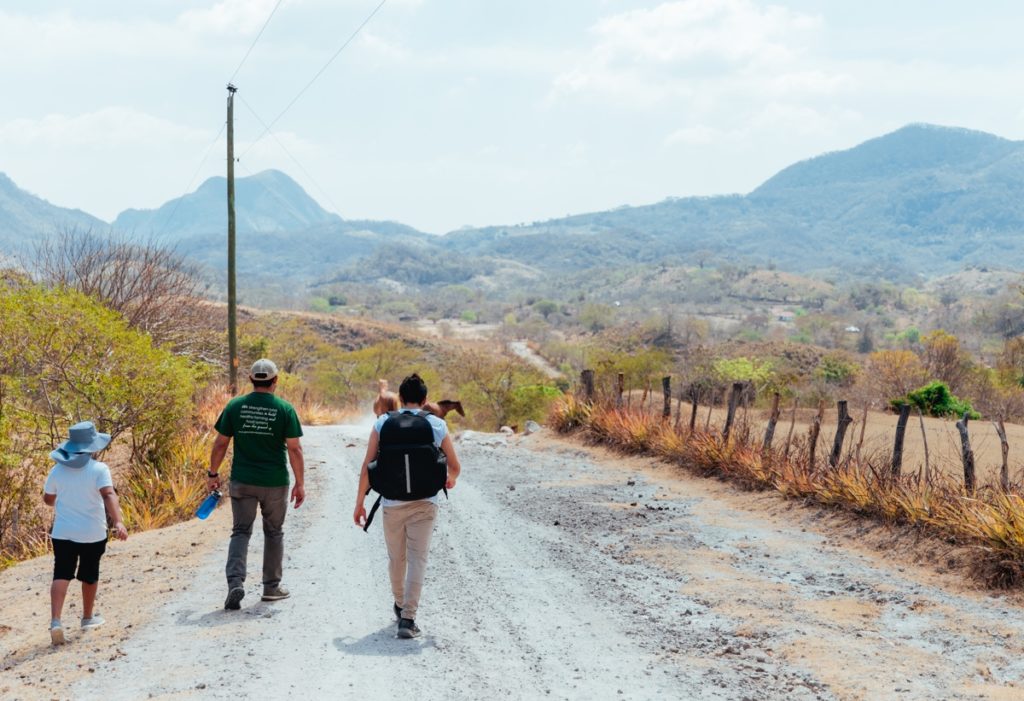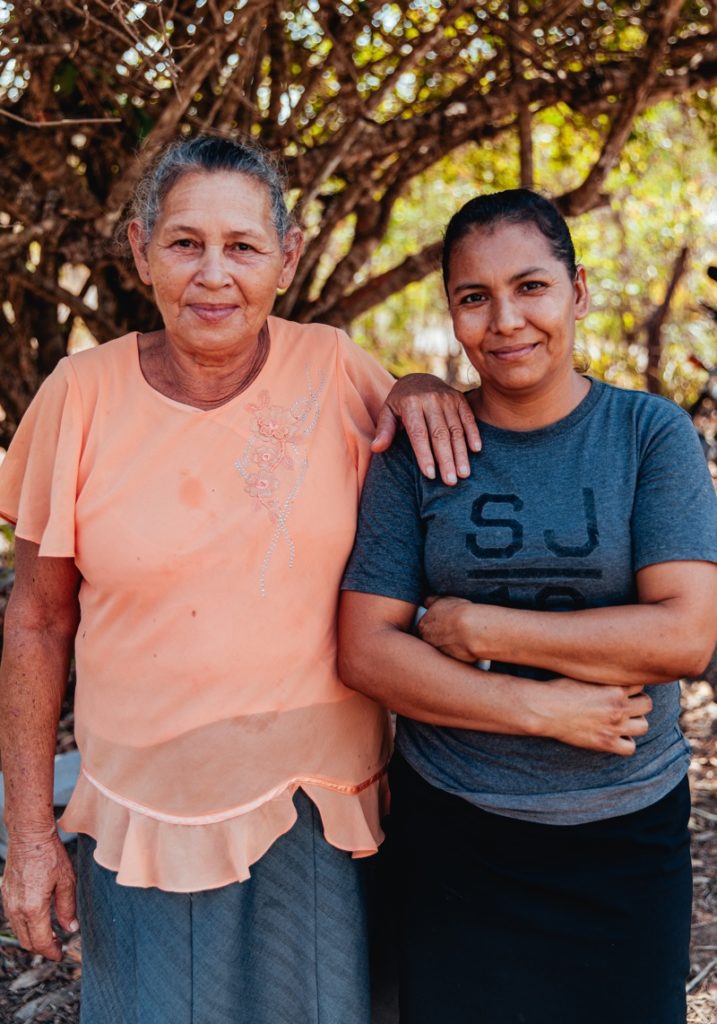Agroecology: A Ground-Up Solution Empowering Marginalized Communities to Address Climate Change and Forced Migration
Environmental consequences disproportionately impact the poor and marginalized because they are excluded from decision-making processes that affect the places where they live. This has been true for generations, but today the stakes are greater than ever as environmental challenges, such as climate change, generate uneven environmental consequences on a global scale.

People living in low-lying places, especially island nations that are just a few feet above sea level, are obviously vulnerable to rising sea levels caused by a warming planet. Until more recently, it was less clear how climate change impacted people living in environmental fragile areas that are susceptible to drought, flooding and extreme climate events. The Dry Corridor in Central America is one of these places.
Recurrent drought and increasingly unpredictable annual rains have exacerbated the already difficult conditions facing farming families in the Dry Corridor. They have resulted in massive crop losses in these rain-fed systems, causing widespread food insecurity and increased malnutrition rates in already vulnerable populations. Thus, climate, and more specifically rainfall and temperature, undermine the livelihoods and food security of smallholder farming families in these environmentally fragile areas even though they have virtually no ability to influence carbon emissions in developed countries or environmental policies that could encourage carbon sequestration or climate change adaptation measures that could help them adjust to the new climate reality.
In the absence of global leadership to help marginalized people address this new reality, organizations like ours – Groundswell International – are working with rural communities to develop and implement effective strategies to address the root causes of environmental problems, as well as the associated issues of food insecurity, social marginalization, economic vulnerability, and forced migration. While each of our local partners responds in its own way to the unique people, context and challenges where they operate, Groundswell-supported programs everywhere:

- Work with farmer leaders to test and adopt agroecological methods and spread them to more people through farmer-to-farmer training, allowing these farmers to produce more healthy food and restore hundreds of thousands of acres of degraded land.
- Empower women farmers to participate in savings and credit groups, improve ecological production, gain access to productive assets, and diversify their livelihoods, which in turn improves their families’ food security, incomes and resilience.
- Strengthen local markets and increase farmers’ incomes through savings and credit groups and community-based agricultural enterprises that add value to locally grown crops.
- Nourish vulnerable families by explicitly integrating gender equity and nutrition into agricultural programs. Our holistic approach links agroecological farming to family nutrition.
- Support citizens to engage with local decision makers on enabling local policies, and produce influential case studies, policy briefs, and reports to facilitate sharing across our networks and with other stakeholders to expedite the necessary transition to agroecology.
In Honduras, Groundswell works with Vecinos Honduras to support family farmers to create regenerative food and farming systems that address these complex challenges.
Watch our latest video to learn more about our partnership with Vecinos Honduras and how, together, we are empowering marginalized farmers, providing alternatives migration, and countering the effects of climate change:
